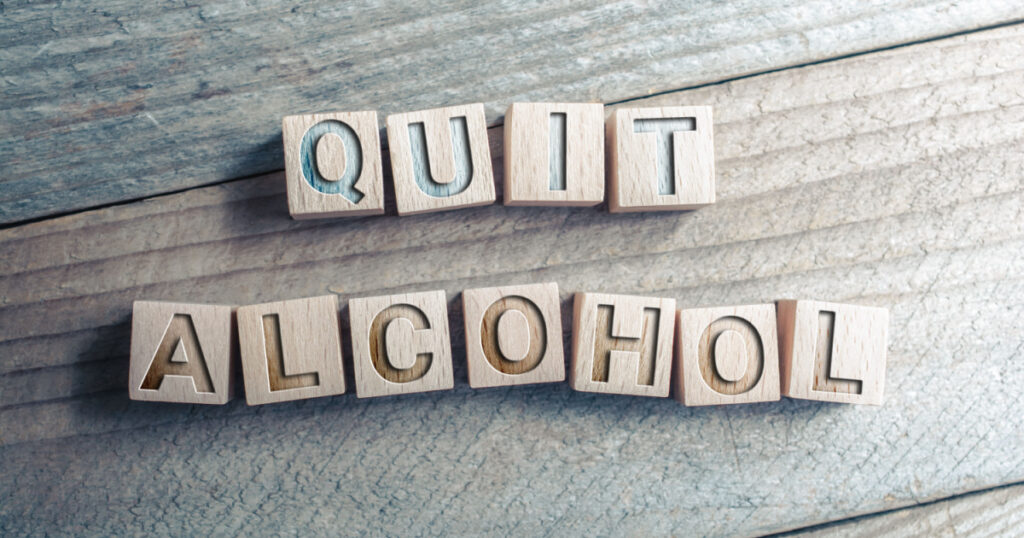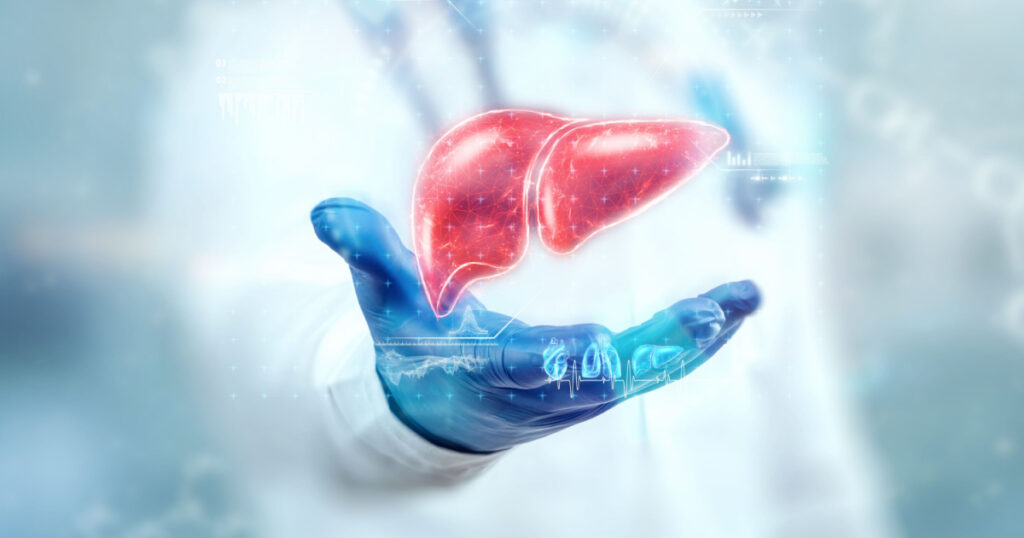Whether it’s the holiday season, summer barbecue season, or anything in between, there always seems to be a reason to drink. Drinking alcohol, be it wine, beer, or spirits, has become a “must” on many occasions. Your best friend’s birthday? Drink. The game is on? Drink. Girl’s night? Drink. Celebrating literally anything at all? Drink. While drinking in moderation isn’t necessarily harmful, we know that alcohol is not good for us. The question is, how much better would you feel if you stopped drinking for a month, and when was the last time you went an extended period without drinking? Let’s see how much better off your body would actually be.
What Happens To Your Body When You Quit Alcohol For 30 Days?

Alcohol consumption has become a prevalent part of our culture, often serving as a means to unwind and relax. It’s played a role in various cultural practices, in fact, for hundreds of years. However, excessive alcohol use can lead to numerous health problems.
“Alcohol’s two main breakdown products are acetaldehyde and ethanoic acid. Those byproducts are toxic to all tissues of the human body; however, we are able to metabolize a small amount of them,” explains Doctor Niall Campbell, an alcohol addiction expert. “So, while we can metabolize around a unit of alcohol an hour, if you drink a lot, everyday, your body has to rid your system of those toxins. If you overload the liver, you have more of those toxins inside your body, which can damage the liver itself, your brain, your stomach, your heart and your pancreas.” (1)
The Journey

Your liver is responsible for breaking down alcohol in your body. Continuous alcohol consumption can cause liver damage, leading to conditions like fatty liver disease, alcoholic hepatitis, and even liver cirrhosis. However, in just 30 days of sobriety, your liver can start to repair itself. This can result in improved liver function and decreased inflammation, significantly reducing the risk of liver damage and disease.
Read: 5 Early Signs of Liver Damage You Should Look Out For
Better Sleep

Alcohol can interfere with the quality of your sleep. While it may help you fall asleep faster, it disrupts the REM (rapid eye movement) stage of sleep, leading to poor sleep quality overall. By quitting alcohol for 30 days, you give your body a chance to regulate its sleep patterns. Improved sleep can enhance your mood, cognitive function, and overall energy levels.
Weight Loss

Alcohol is high in calories and can contribute to weight gain. Each gram of alcohol contains 7 calories, while protein and carbohydrates are 4 calories per gram. By abstaining from alcohol for a month, you eliminate these excess calories from your diet. Additionally, alcohol can stimulate hunger and impair judgment, leading to poor food choices. During the 30 days, avoiding alcohol can help you make healthier dietary choices, leading to weight loss and improved overall metabolic function.
Enhanced Mental Health

Alcohol is a depressant that can exacerbate symptoms of anxiety and depression. Quitting alcohol for a month can lead to significant improvements in mental health. Alcohol-free time allows your brain to rebalance its chemistry, leading to boosted mood and reduced anxiety levels. As a result, you may find yourself feeling more mentally stable and emotionally resilient.
Read: Bars without alcohol? Inside the growing ‘sober curious’ trend
Increased Energy and Hydration

Alcohol is a known diuretic, meaning it stimulates the production of urine and results in dehydration. When you stop drinking alcohol, your body can regain its natural hydration levels. This leads to benefits such as increased energy, improved concentration, and better physical performance.
Reduced Risk of Chronic Diseases

Excessive alcohol consumption is linked to an increased risk of several chronic diseases, including cardiovascular diseases, liver diseases, certain cancers, and pancreatitis. By quitting alcohol for 30 days, you significantly reduce your risk of developing these conditions. Moreover, you give your body a chance to heal and rejuvenate, promoting overall well-being.
Improved Skin and Appearance

Alcohol can dehydrate your skin and cause inflammation, leading to premature aging, acne, and other skin problems. When you quit alcohol for a month, your skin can regain its natural moisture, resulting in a healthier and more radiant complexion. Additionally, reducing alcohol consumption can also improve other aspects of physical appearance, such as reduced weight gain and improved hair quality.
Overall Health and Well-being

Quitting alcohol for 30 days can lead to a range of positive changes in your body and overall well-being. These improvements can positively influence various aspects of your life, including relationships, work productivity, and overall happiness. Additionally, it may catalyze adopting healthier habits and continuing the journey to a healthier lifestyle.
Go Sober, Get Healthy?

Embarking on a 30-day journey of sobriety can have significant positive effects on your body and overall health. From improved liver health to enhanced mental well-being, the benefits are far-reaching. By eliminating alcohol from your life for a month, you give your body a chance to heal, repair, and rejuvenate. While the journey may not always be easy, the rewards can be tremendous, paving the way for a healthier and more fulfilling life. That being said, perhaps even just as a start, attempt to cut back on your drinking. Learning how to unwind, enjoy life, and celebrate achievements without alcohol will do wonders for your long-term health.
